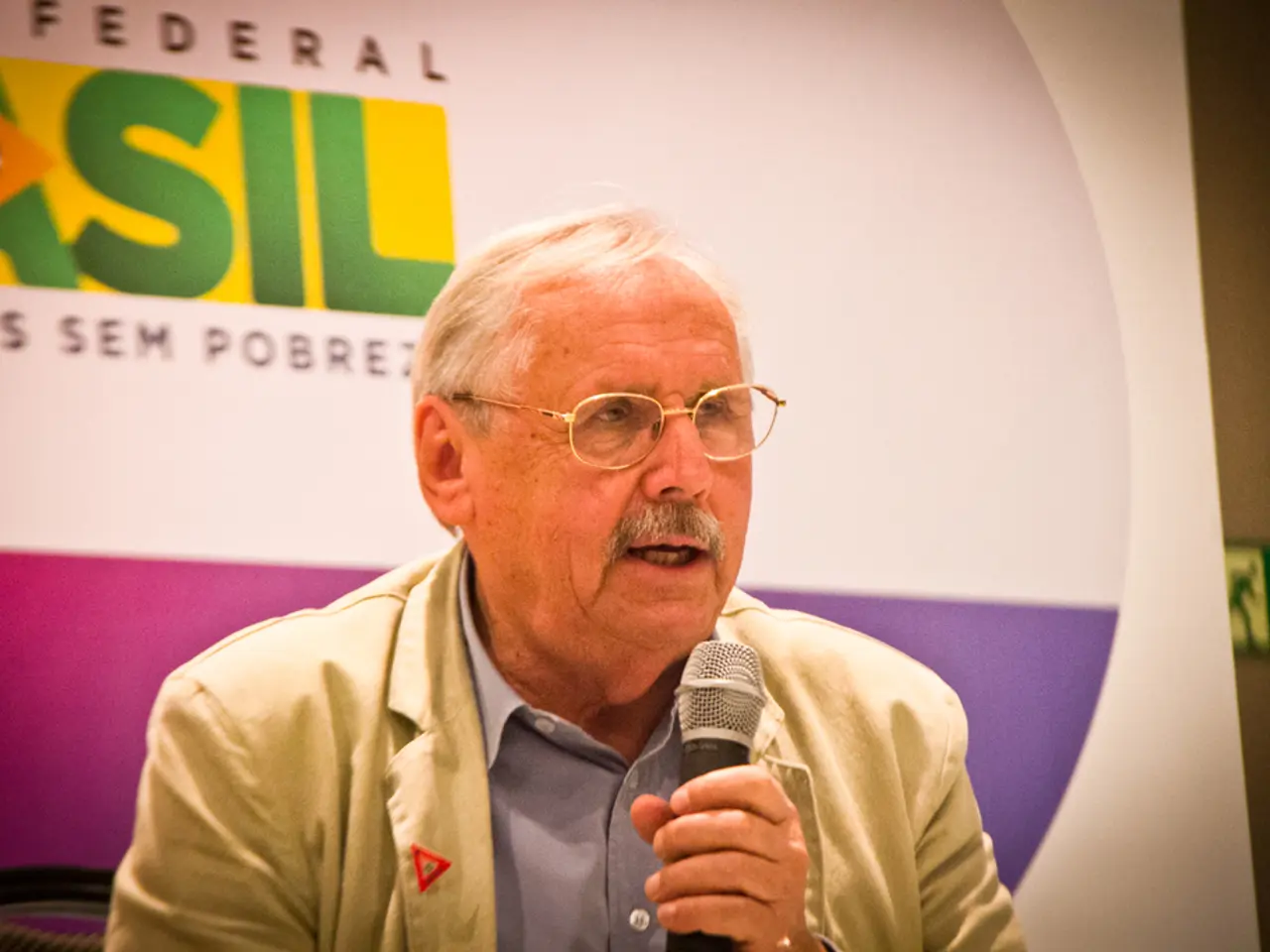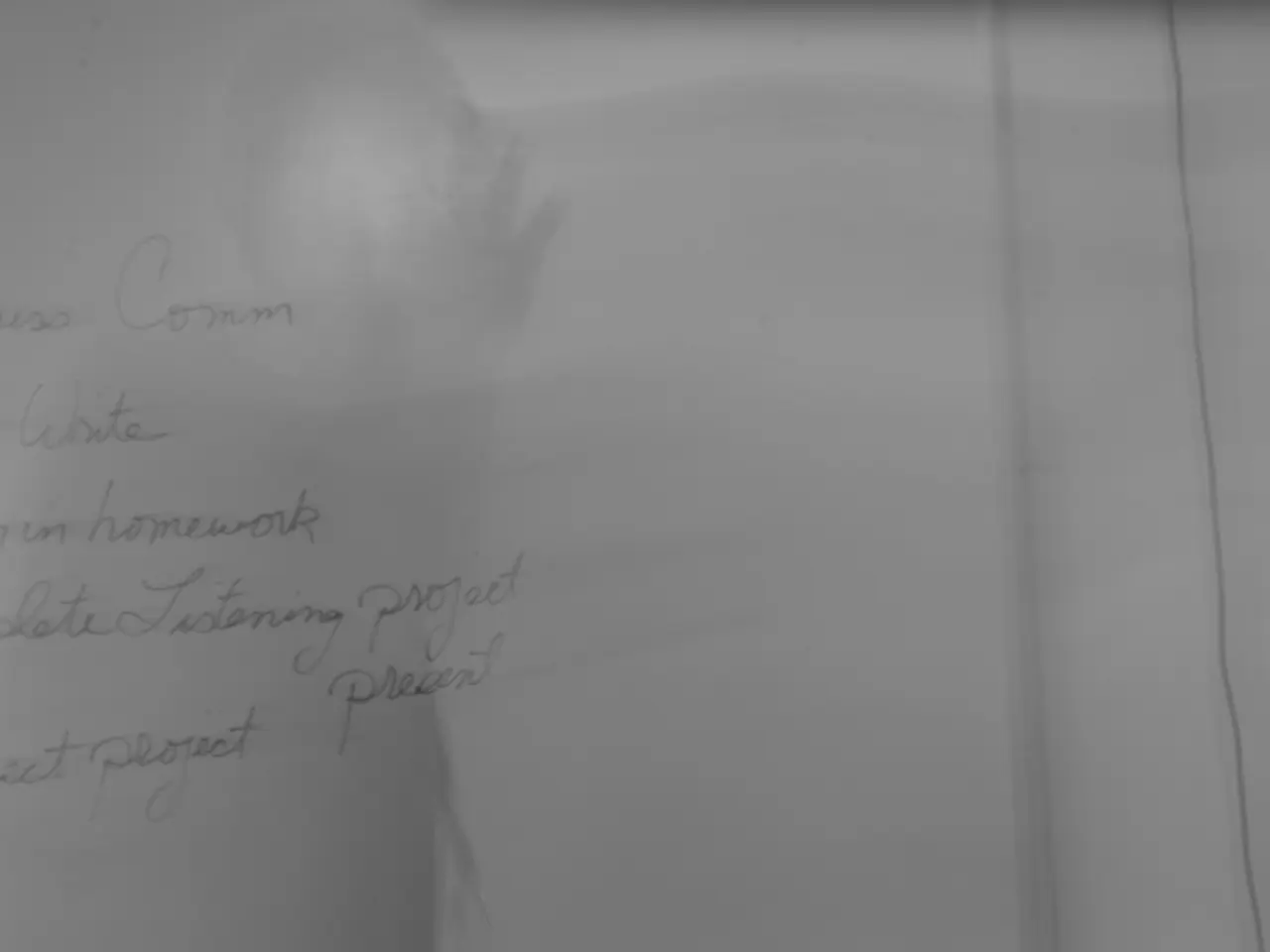Conservative Leadership Opposed to Self-identified Right-wing Faction
After 14 years as the Minister-President of Saxony-Anhalt, Reiner Haseloff, a stalwart of the Christian Democratic Union (CDU), has announced that he will not run in the state election in September 2026. Haseloff, known for his conservative approach and thoughtful demeanor, has governed the region with an approachable nature, much like his predecessor, Wolfgang Böhmer, who passed away recently.
During Haseloff's tenure, the CDU won the state election in 2011 with over 30 percent, while the Social Democratic Party (SPD) and the Left each had more than 20 percent. The Alternative for Germany (AfD), a right-wing party, did not exist at that time. However, the political landscape has changed significantly, with the AfD now polling at 30 percent in Saxony-Anhalt.
The AfD in Saxony-Anhalt aims to become the "blue lighthouse of Germany," and it boasts one of the most aggressive and strongest state associations in the country. There have been audible calls from the Saxony-Anhalt CDU for cooperation with the AfD, a prospect that has raised concerns among many.
Haseloff, however, has been firm in his stance against the AfD, clearly designating them as incompatible with his moral-political attitudes. His potential successor, Sven Schulze, has committed to a clear distinction from the AfD in the future, but has yet to give a similar answer regarding his stance.
Schulze, unlike Haseloff, is not the most brilliant orator but gives the impression of being interested in the argument, not the media effect. Wulf Gallert, a left-wing politician active in state politics since 1994, sees the change of office skeptically, expressing his concerns to "nd."
Meanwhile, the settlement of Intel, which was associated with many hopes, has come to an end due to the rejection of plans for a chip factory in Magdeburg. The consequences of this rejection are currently being discussed in Saxony-Anhalt's state capital.
As the race for the succession heats up, the people of Saxony-Anhalt await the confirmation of Haseloff's successor and their stance towards the AfD, a crucial factor in the political future of the region.
[1] [Source 1] [2] [Source 2] [3] [Source 3] [4] [Source 4]
Policy-and-legislation discussions in Saxony-Anhalt are expected to evolve as the race for Haseloff's successor unfolds, amidst growing concerns over the stance of potential candidates towards the Alternative for Germany (AfD), a right-wing party that has significantly influenced the state's politics. General-news outlets have reported audible calls from the Saxony-Anhalt CDU for cooperation with the AfD, but Haseloff, known for his firm anti-AfD stance, has yet to comment on whether his successor, Sven Schulze, shares a similar perspective.






